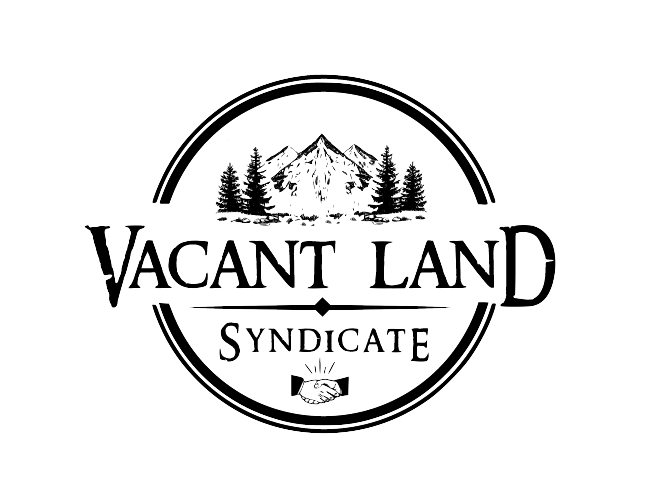I always thought that the idea of investing in land was so unattainable. I had assumed that people who invested in real estate had worked hard to acquire their property, that they were using it as a long term investment,and would eventually sell it for a major profit (like what I was planning to do). You can imagine my surprise when I discovered that some people would let their valuable land go for less than a thousand dollars!
Since then, I've had the opportunity to purchase dozens of properties that were priced well under the market value. The trick is to determine how to find a motivated seller in a vast market. In the current market, there are many motivated sellers. Some of the common reasons people try to sell their land quickly are:
- People who purchased land with the intent of developing it and their plans fell through
- People who think of the land as more of a burden than an investment
- People who need cash now
These type of people are in your state, your country, your town and sometimes in your own neighborhood. In some cases, these sellers are not going to take any action at all and it is up to you to find them. Use this as an opportunity to take the initiative and search them out!
That being said, what type of people are we actually searching for when we are looking to invest in land? Here are a few examples:
- Sellers that can’t afford mortgage payments.
Note, these plots of land are not foreclosed properties. The seller could be going through a hard time in life, they could just need the money or they could be just barely making payments on the land and unloading it would help ease their financial burden.
- Sellers that have delinquent taxes on property.
Some people own land with no mortgages/money owed on the property, but they can’t afford the property taxes. It’s normal for local or state municipalities to foreclose on properties that don’t pay taxes over an extended period of time. Therefore, instead of loosing all the money they have invested in the land by having it taken by the government, they decide to sell the investment quickly and see less money now rather than no money later.
- Sellers that have inherited property that they don’t want anymore
People receive inherited property all the time. They don’t see this land as an asset, but rather a hassle that they would rather live without. The majority of the time these owners don’t want to go through the effort of selling a property or dealing with real estate agents and mounds of paperwork and research. Perhaps they haven’t even been to the property and have no emotional attachments to it. This could mean they are willing to part with it for less than retail to take away the nuisance of having it in the first place.
Therefore, if you see an opportunity and have the means to purchase a property priced well, take it! It will most likely turn out to be an extremely wise decision and great investment!








